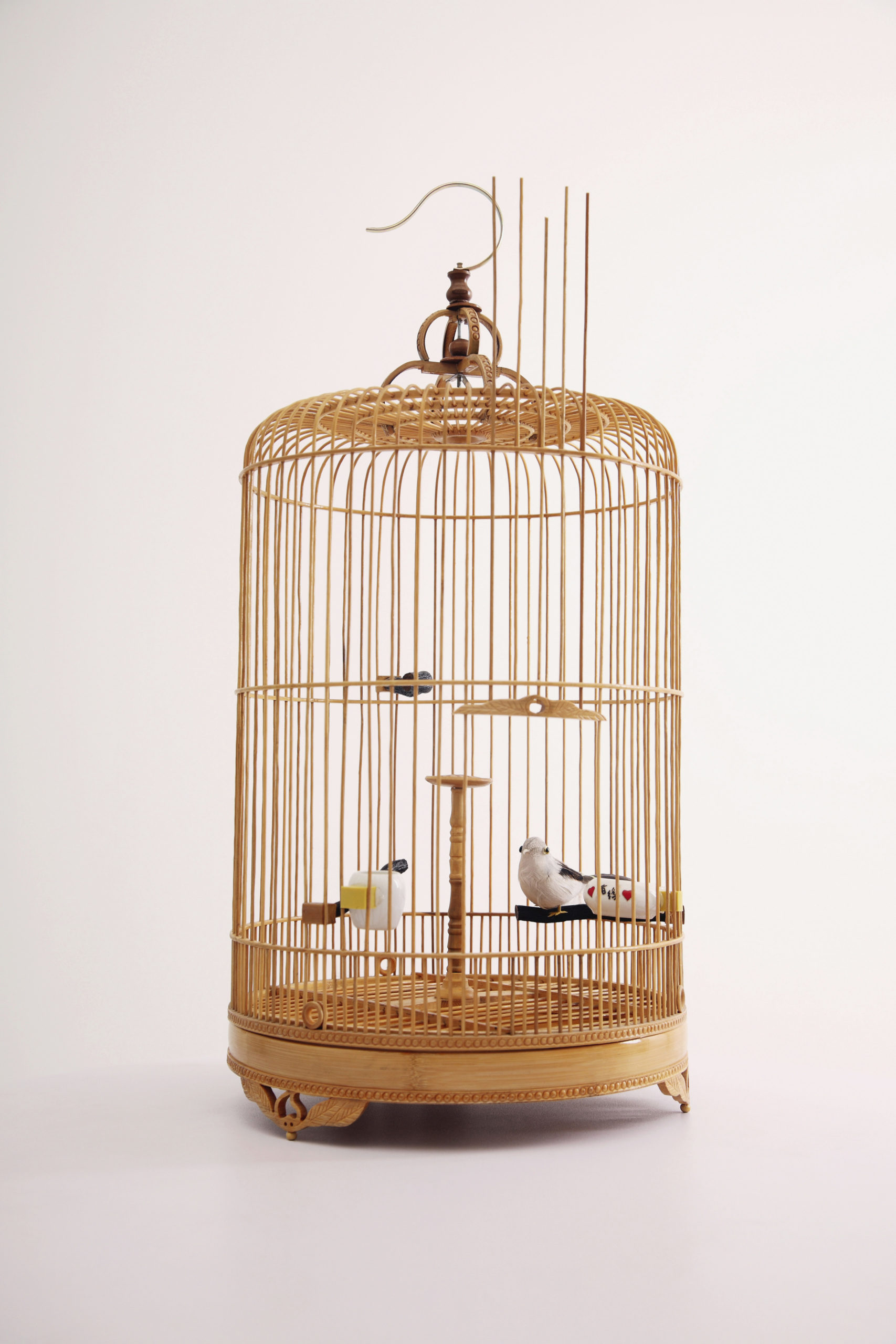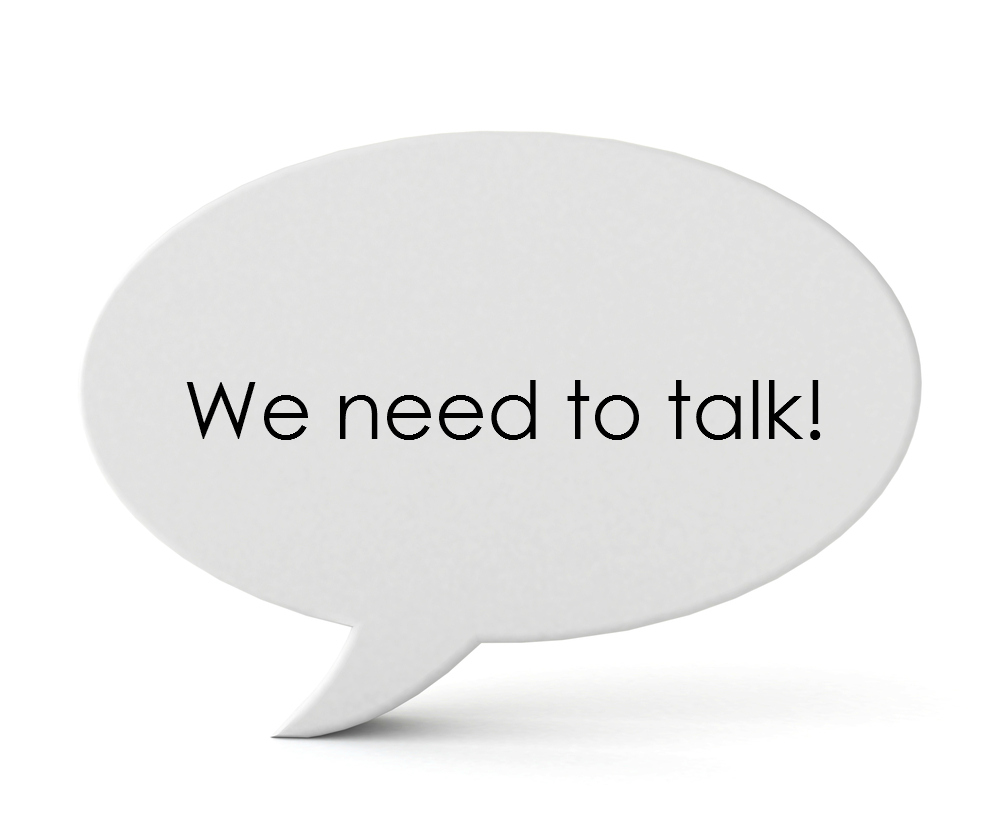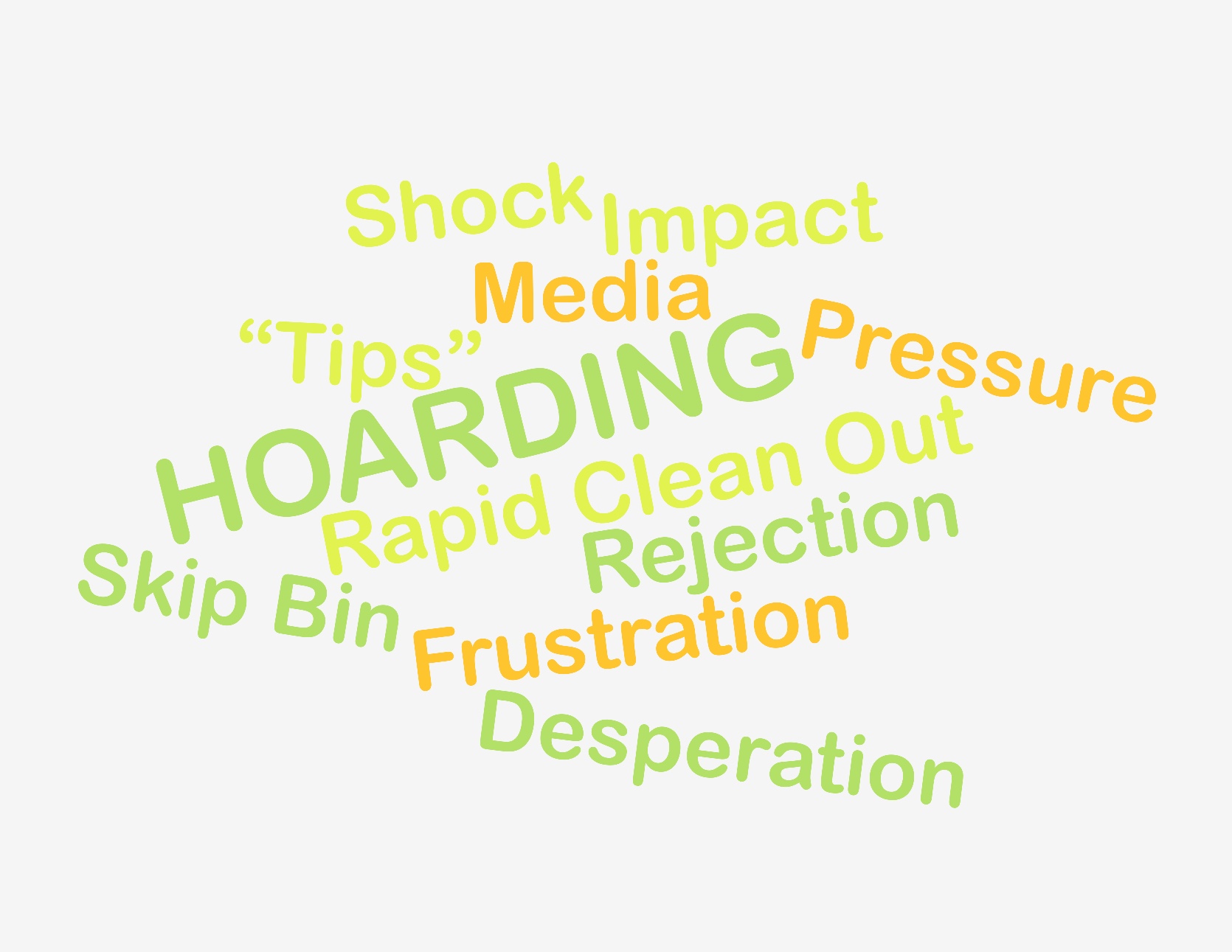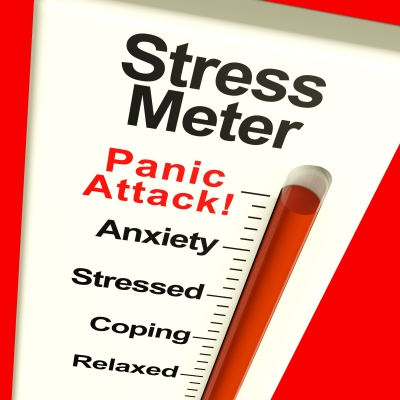Recently we attended the Rural & Remote Mental Health Symposium in Hobart and met with professionals from all over Australia. We are always on the lookout for relevant and interesting education and resources to bring to our readers and students.
One of the people we met at that conference is Yuliya Richard from Impulsivity. We know there is a connection between hoarding and impulsivity control, so we invited Yuliya to write a guest blog post. She generously agreed.
Do you shop mindlessly or impulsively?
Here are three tips to help you to start changing this habit.
I would like to talk to people who might keep buying stuff even though they don’t need it, don’t use it or can’t afford it. It is not uncommon for people to occasionally buy something and not use it, but if we are talking about something that can lead to significant financial or relationship consequences, then we need to address an issue of impulsive overspending.

When does overspending becomes an issue? Take a look at this list:
- You hide what you buy
- You make your credit card work overtime
- Your overspending leads to arguments
- You buy items and don’t use them
- You feel ashamed
- You are often defensive and regret your decisions
- You can’t afford what you buy
- You prefer to ignore growing debt
- You can’t stop shopping
Did you recognize yourself or your behavior when you were reading this checklist? You can’t live in denial about the negative consequences of your behavior. Here are three practical suggestions for you to start addressing the issue of overspending.
1. The replace rule
You need to create a couple of rules to help yourself be more mindful of your purchasing habits. Your first rule is “Replace”. If you decide to keep a new object, you can only do so if you get rid of the old one. For example, if you are buying a new jacket, you need to get rid of the old one. Same goes for an old pair of jeans you can no longer fit in or an outdated skirt you hope will become fashionable again. No negotiations; you buy one, you get rid of one.
2. The list
Most likely you have heard this suggestion before: “Write a list of what you need to buy and stick to it”. Well, it is an oldie but a goodie. It works like a charm. If you write a list, and more importantly, if you take out cash to cover the items on the list and leave your credit card at home, you are less likely to overspend. Not only will it help with discipline, but it will make you be more mindful and more aware of your spending habits.
3. Check your faulty beliefs
Do you fool yourself into allowing yourself to shop more frequently? Do you tell yourself “You only live once” or “Come on, you deserve it; you work so hard”. Start monitoring your thoughts and pay attention to how you feel just before you go on a shopping spree. Are you stressed, tired, or angry? If you can identify how you feel and what your trigger is, try to develop a plan to have an alternative activity to help yourself. If you are stressed, how can you destress so it doesn’t cost you money? If you are tired, maybe have a nap or make sure that you rest well. If you are angry, maybe learning how to be assertive could be more beneficial in the long run than overspending.
Of course, like any other habit it might take time and effort to change this unhealthy and unsustainable behavior. If you have tried and failed, we can help. Free yourself of debt and manage hoarding habits. Check out The Impulsivity Project’s online Stop Impulsive Overspending Course. Visit our website to learn more about our courses designed to help you to be in control!








